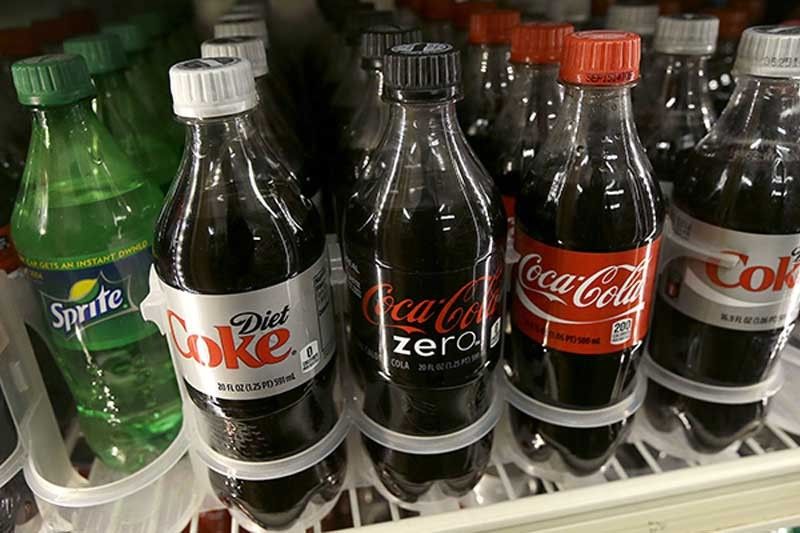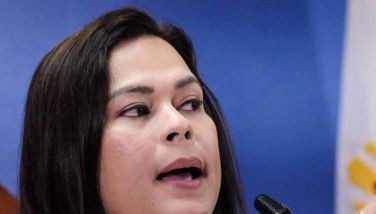Sales of sugary drinks further weaken in February

MANILA, Philippines — Sales of sugar-sweetened beverages in supermarkets and sari-sari or convenience stores further soured in February following the first wave of price hikes due to the implementation of higher excise taxes.
In its latest report, global data analytics company Nielsen said while sales of sugar-sweetened beverages have been weakening in the past years due to the growing line of healthier options, the decline accelerated in February or a month after the new tax reform law took effect.
Nielsen retail index data showed sales decline of five sugar-sweetened beverage categories averaged 8.7 percent in February, faster than the 4.4 percent average drop in the same month last year.
Powdered juice and powdered tea posted double-digit drops of 15.4 percent and 18.1 percent, respectively, from single-digit declines in February 2017.
Sales of carbonated soft drinks and energy drinks in sari-sari stores also fell at faster rate of seven percent and 7.9 percent, respectively.
In supermarkets, meanwhile, the decrease in sales of powdered tea, powdered juice, carbonated soft drinks and ready-to-drink tea quickened to a double-digit pace in February.
“While healthier and more convenient options contributed to the slowdown of sugar-sweetened beverage over the past year, we can attribute the faster rate of decline to how consumers have changed their consumption and shopping habits amid the first wave of price increases,” Nielsen Philippines managing director John Cua said.
“This reaction from consumers is a normal and expected behavior immediately following a price increase. Over time, some consumers may go back to old buying habits while some will adopt their new buying patterns,” he added.
Nielsen said focused group discussions conducted among shoppers found that while they claim continuous purchase of the taxed drinks, they intend to adjust their purchase and consumption habits ranging from lessening the frequency of consumption, extending the use of products, and even taking items off their grocery baskets.
Mid and upper class shoppers claimed that their shopping behavior would not change as much despite the higher prices, while those in the low income segment have a different view.
“Declines in sales in sari-sari stores are more apparent since impulse purchases happen in these neighborhood stores that also mostly cater to the low income segment,” Cua said.
But in general, Cua believes consumers would not totally give up sugary drinks because “these are simple joys that they provide to their kids and themselves, while some serve functional needs like boosting energy and other products are seen as a reward or personal treat.”
As of February, Nielsen said prices across five categories carried by sari-sari stores increased by 20.6 percent compared to last year.
Carbonated soft drinks and energy drinks had the biggest price jumps at 21 percent and 18 percent, respectively.
In supermarkets, prices across sugar-taxed categories increased 16.6 percent on the average.
Prices of ready-to-drink tea and carbonated soft drinks posted the highest price hike year-on-year.
- Latest
- Trending































